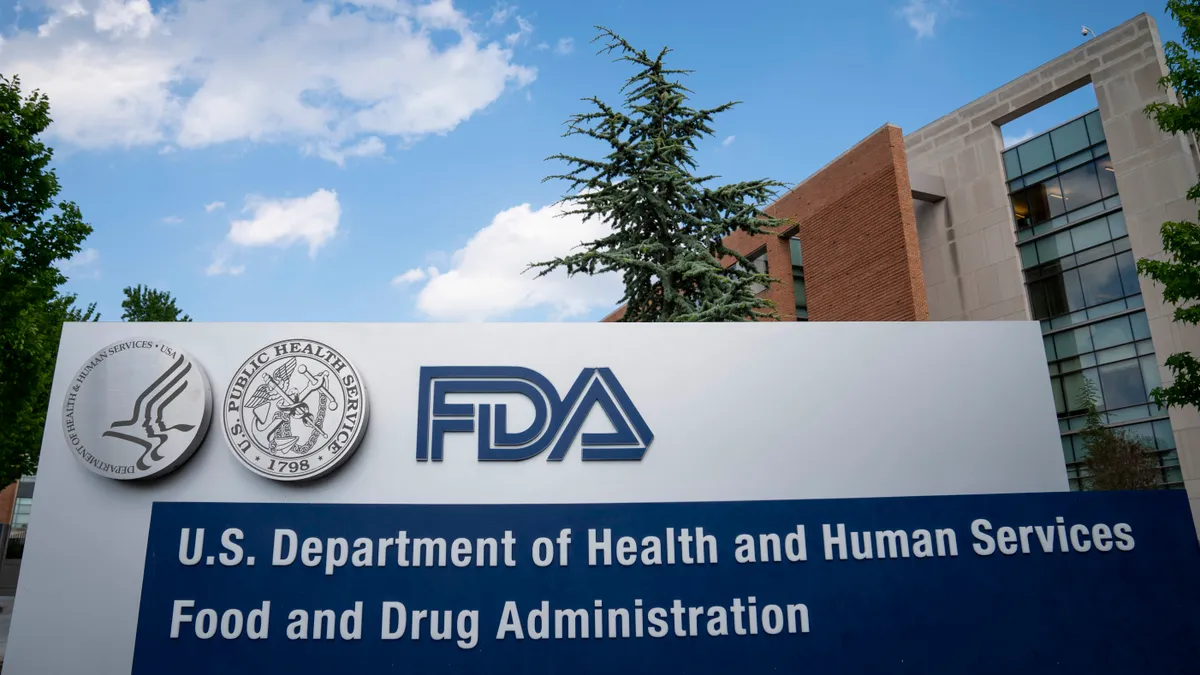Dive Brief:
- Laboratorio Clinico Toledo’s emergency use authorization for its (LCT) SARS-CoV-2 assay was revoked by the Food and Drug Administration following a request from the Puerto Rico-based laboratory.
- LCT received an EUA for its COVID-19 test in 2020. However, the company no longer uses the test or has the required reagents in stock, leading it to ask the FDA to withdraw the emergency authorization.
- The FDA disclosed the action alongside updates to the instructions for use for Thermo Fisher Scientific’s TaqPath COVID-19 test. Thermo Fisher has provided revised data on its reactivity and cross-reactivity tests.
Dive Insight:
LCT’s EUA in July 2020 positioned it to provide COVID-19 testing services from its base in Puerto Rico. The clinical laboratory went on to update the authorization later that year and again in 2021. However, earlier this month the lab requested that the regulator withdraw the EUA.
The FDA revoked the emergency authorization within two weeks of receiving the request. In its response to LCT, the agency said that “it is appropriate to protect the public health or safety to revoke this authorization” because the laboratory is no longer testing using the SARS-CoV-2 assay.
Separately, the FDA published updated instructions for use for Thermo Fisher’s TaqPath COVID-19 RNase P Combo Kit 2.0. The multiplex real-time RT-PCR test, which detects nucleic acids from SARS‑CoV‑2 and RNase P internal control in a single reaction well, received an EUA in July 2021. Since then, the company has made a series of updates to the instructions for use.
The latest version features updated reactivity testing information. From May 10 to June 10, Thermo Fisher performed in silico analysis of more than 100,000 complete SARS-CoV-2 genomes, almost all of which were of the omicron variant. Based on the analysis, the company predicted that the test detects all currently circulating SARS-CoV-2 variants.
Thermo Fisher also provided updated cross-reactivity data. The company has now performed functional testing using 37 organisms, up from 31 in the previous instructions for use. Newly studied organisms including hepatitis B and C.













